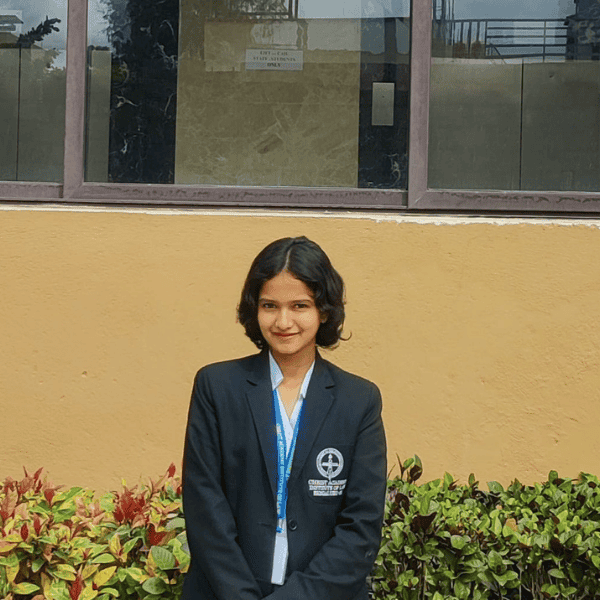Swami Vivekananda’s legacy showcased in month-long UN exhibition
The exhibition aimed to inspire a renewed commitment to unity, service, and progress — values that remain at the heart of the United Nations' global mission.
.jpeg) Swami Vivekananda Exhibition. / HSS
Swami Vivekananda Exhibition. / HSS
The Society for Enlightenment and Transformation (SEAT), a component of the United Nations Staff Recreation Council (UNSRC) hosted a month-long exhibition dedicated to Swami Vivekananda, an Indian Hindu monk, philosopher and author.
Jointly organized by the Hindu Swayamsevak Sangh (HSS) the exhibition commemorates Vivekananda’s role in fostering cross-cultural dialogue and promoting the ideals of human unity and service and seeks to underscore the contemporary relevance of Vivekananda's teachings.
Swami Sarvarpriyananda, resident minister of the New York Vedanta Society, inaugurated the event and emphasized Vivekananda’s lasting influence on East-West relations. “He built a bridge between the East and the West when he traveled to the World Parliament of Religions in Chicago in 1893. That bridge remains strong and vibrant today,” he remarked.
India’s Consul General in New York, Binaya Srikanta Pradhan, highlighted the enduring significance of Vivekananda's philosophy. “His message of the oneness of humanity, deeply rooted in ancient Hindu wisdom, holds particular significance here at the UN,” Pradhan noted.
UNSRC President Peter Dawkins asserted, “Through this exhibition, we aim to highlight Vivekananda’s relevance to the core values and purposes of the UN.”


The exhibition also shed light on Vivekananda’s contributions to modern India, notably his role in inspiring the establishment of the Indian Institute of Science in Bengaluru. His visionary outlook extended to interactions with individuals such as scientist Nikola Tesla, reflecting his advocacy for the integration of science and spirituality.
Ganesh Ramakrishnan, an outreach coordinator for HSS, highlighted Vivekananda’s timeless call for seva (selfless service), which continues to resonate with younger generations.
ADVERTISEMENT
ADVERTISEMENT
E Paper
Video

 Bhavana P
Bhavana P








.jpg)
.jpg)


Comments
Start the conversation
Become a member of New India Abroad to start commenting.
Sign Up Now
Already have an account? Login